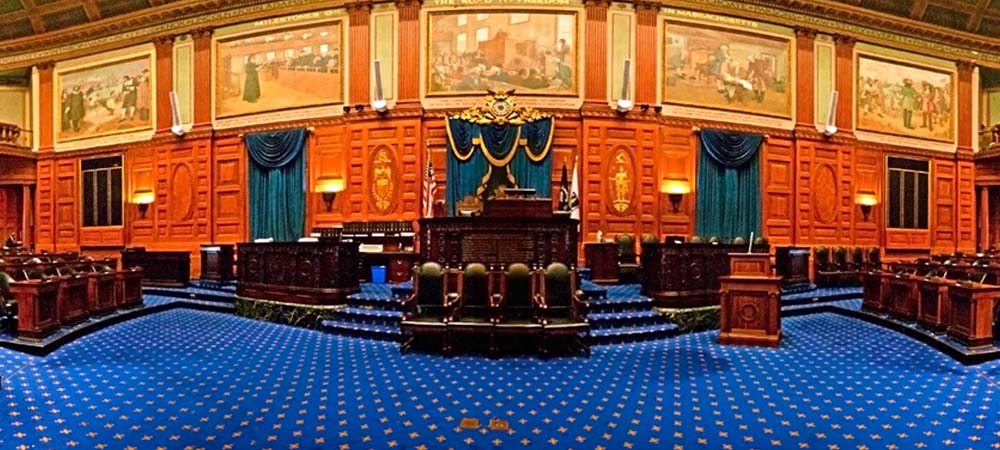- Massachusetts legislators will debate House Bill 4431 on Thursday, which would establish regulated online casino gaming and bring in more gaming revenue.
- The bill would allow legal blackjack, poker, slots, and other games on licensed platforms starting Jan. 1, 2026, with operators paying $100,000 licenses and 15% revenue tax.
BOSTON – Massachusetts legislators will consider House Bill 4431 on Thursday - a measure that could fundamentally change how residents access casino gaming by bringing it directly to their phones and computers.
Rep. David Muradian Jr. introduced the bill with a clear goal: capitalize on Massachusetts blackjack money with a safe framework that benefits both players and the state.
He has been direct with residents, informing them that when it comes to influencing the outcome, direct messages to legislators will be considerably more important than automated form emails.
The legislation would give the Massachusetts Gaming Commission control over the entire operation starting Jan. 1, 2026. Casino operators would need to invest $100,000 for their license and could run up to three different gaming platforms, each requiring an additional $50,000.
This structure is designed to limit market saturation while giving established casinos room to compete.
What Players Can Expect
The bill would bring legal blackjack, poker, slots, roulette, and live dealer games to the state, all operating under serious player protections. Anyone wanting to play would need to prove they're 21 or older and physically located within state borders before placing a single bet.
Needing to meet strict requirements to operate, Legal Massachusetts blackjack sites would follow legislation that builds in multiple safety nets. Players could set their own deposit limits, opt into self-exclusion programs, and benefit from AI systems watching for signs of problem gambling. The bill bans the kind of misleading "risk-free" marketing that often hooks vulnerable players.
Massachusetts would collect 15% of operator revenue, funding programs through the Internet Gaming Fund. The penalties for cheating or tampering aren't mild either—violators could face up to five years in prison along with losing their licenses.
Thursday's public hearing at 10 a.m. will help determine whether Massachusetts joins the growing list of states embracing regulated online gaming.

